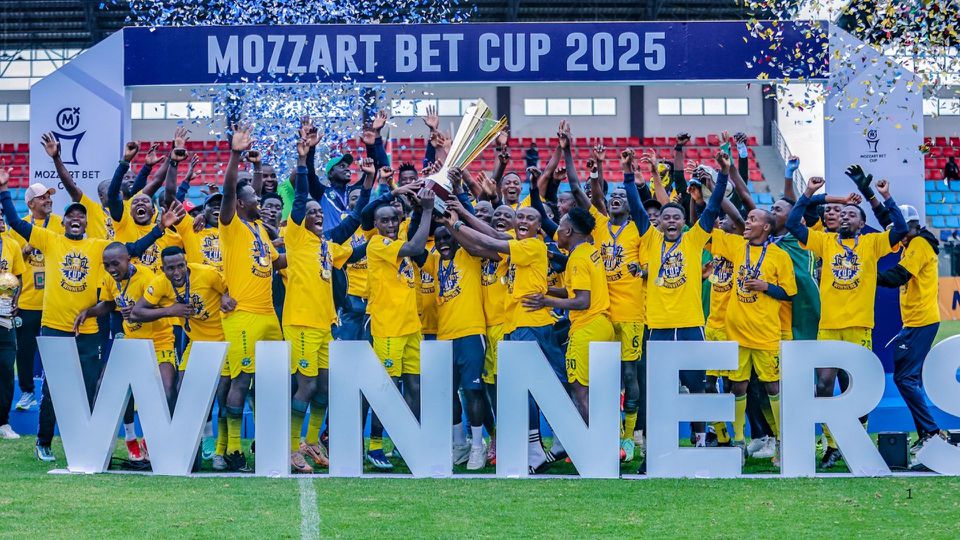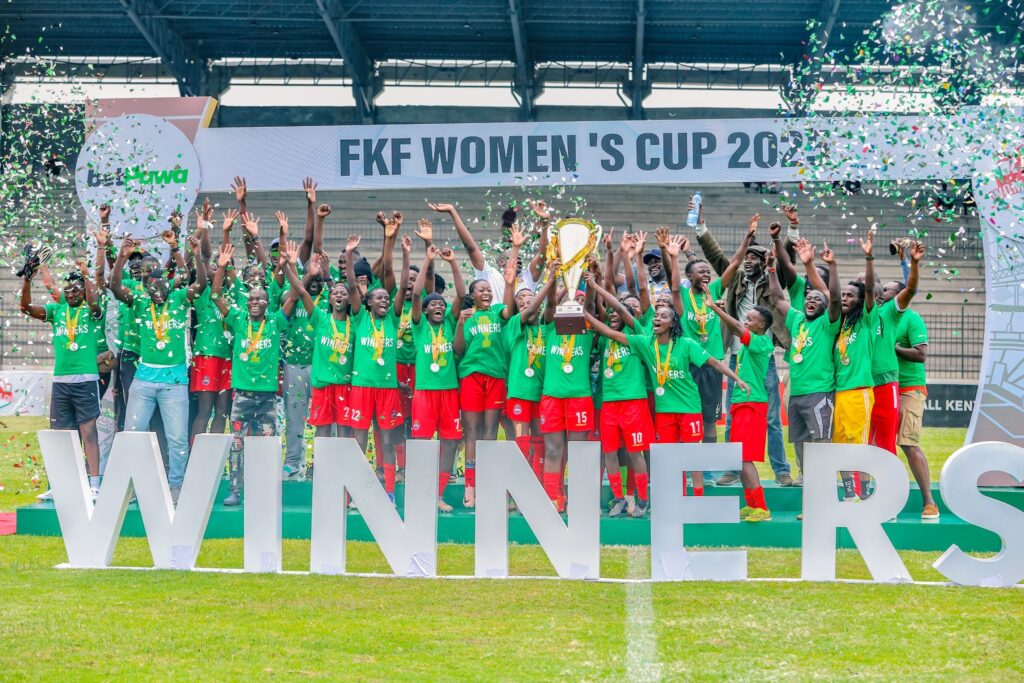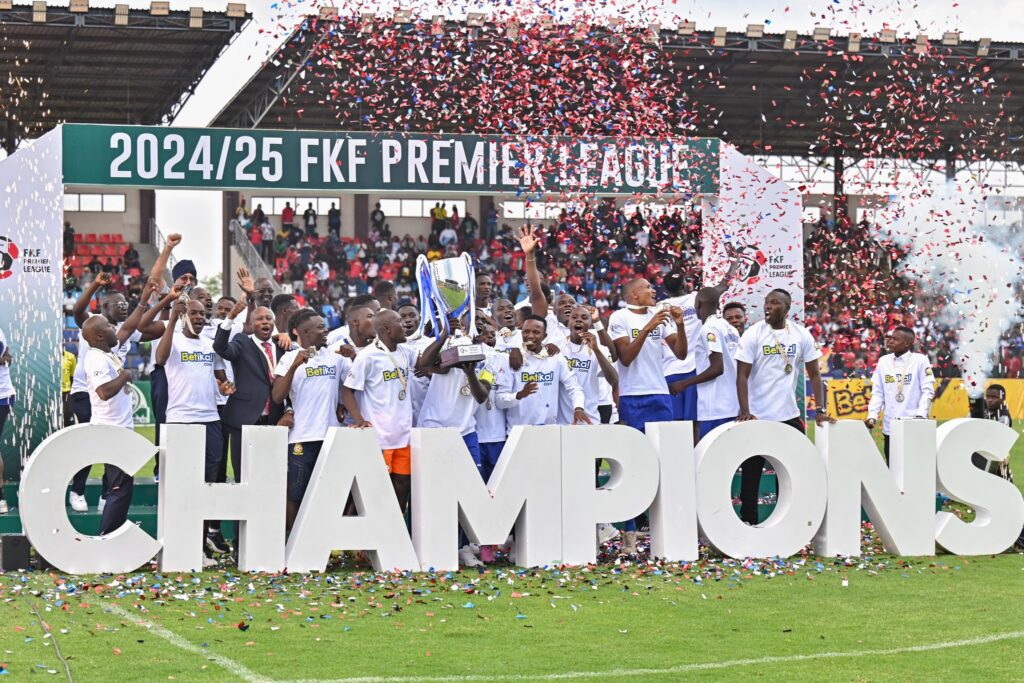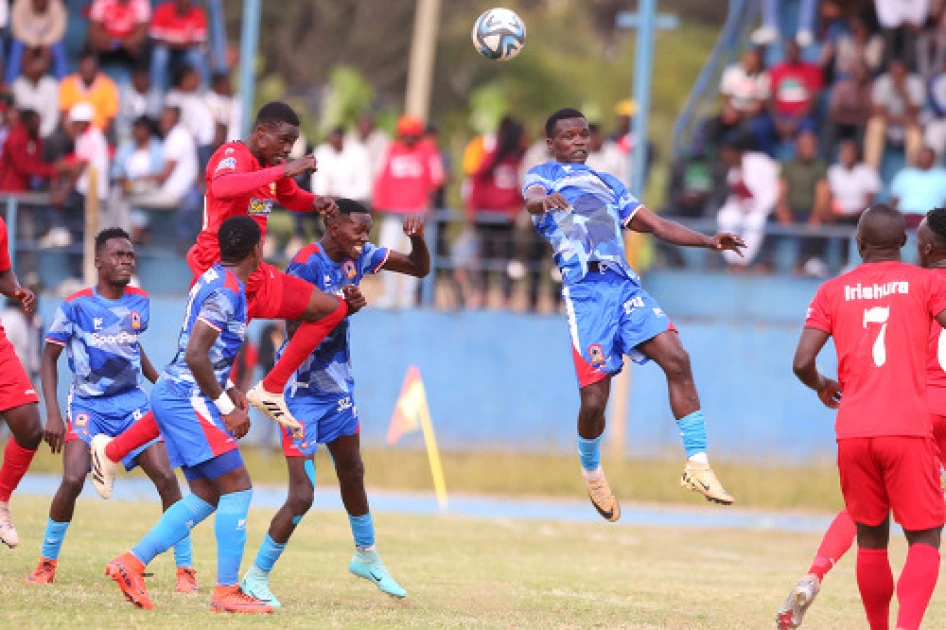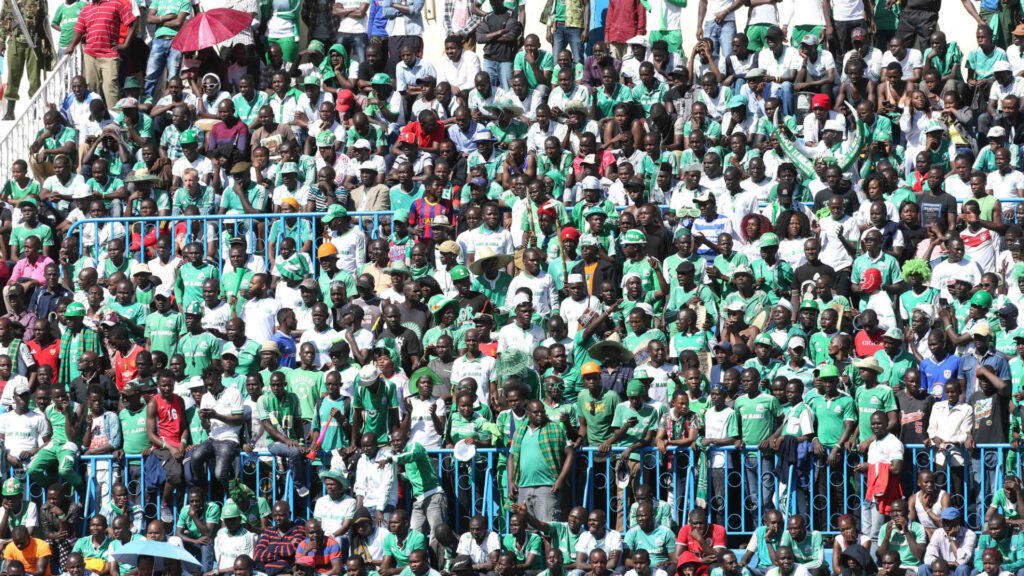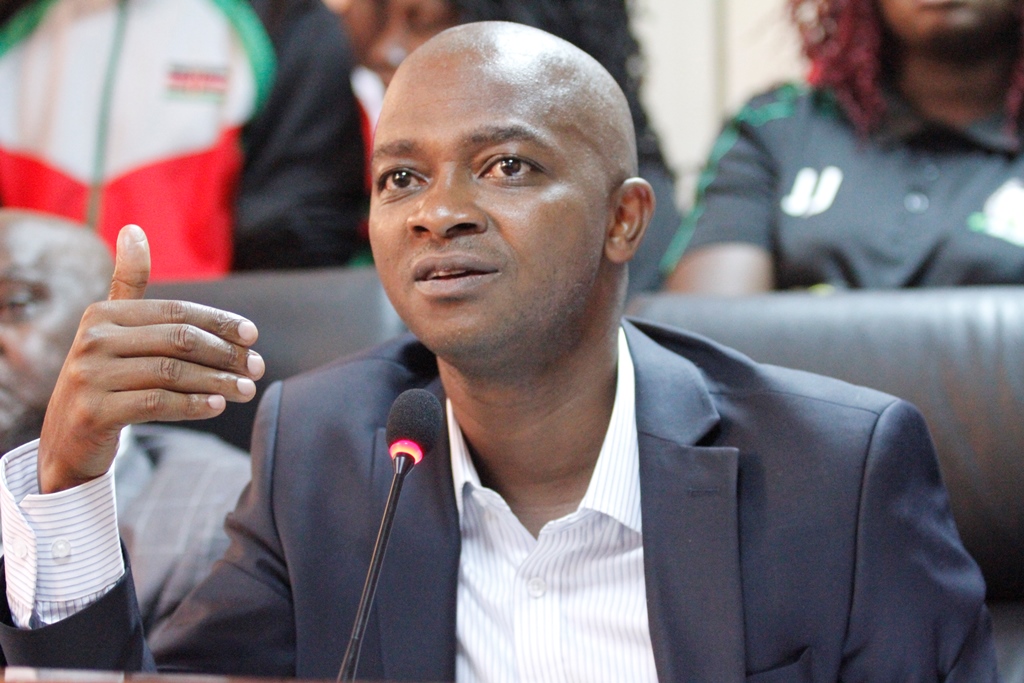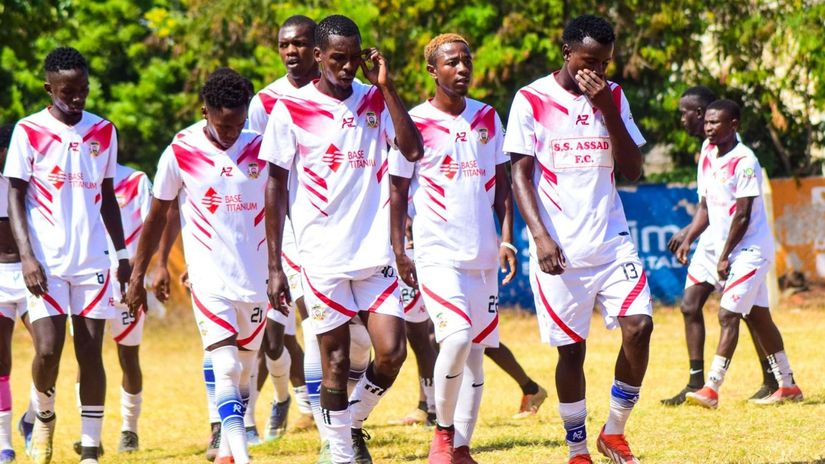Now Reading: FKF in Crisis: Sh1 Billion Debt, FIFA Sanctions, and a Call for Reform
-
01
FKF in Crisis: Sh1 Billion Debt, FIFA Sanctions, and a Call for Reform
FKF in Crisis: Sh1 Billion Debt, FIFA Sanctions, and a Call for Reform
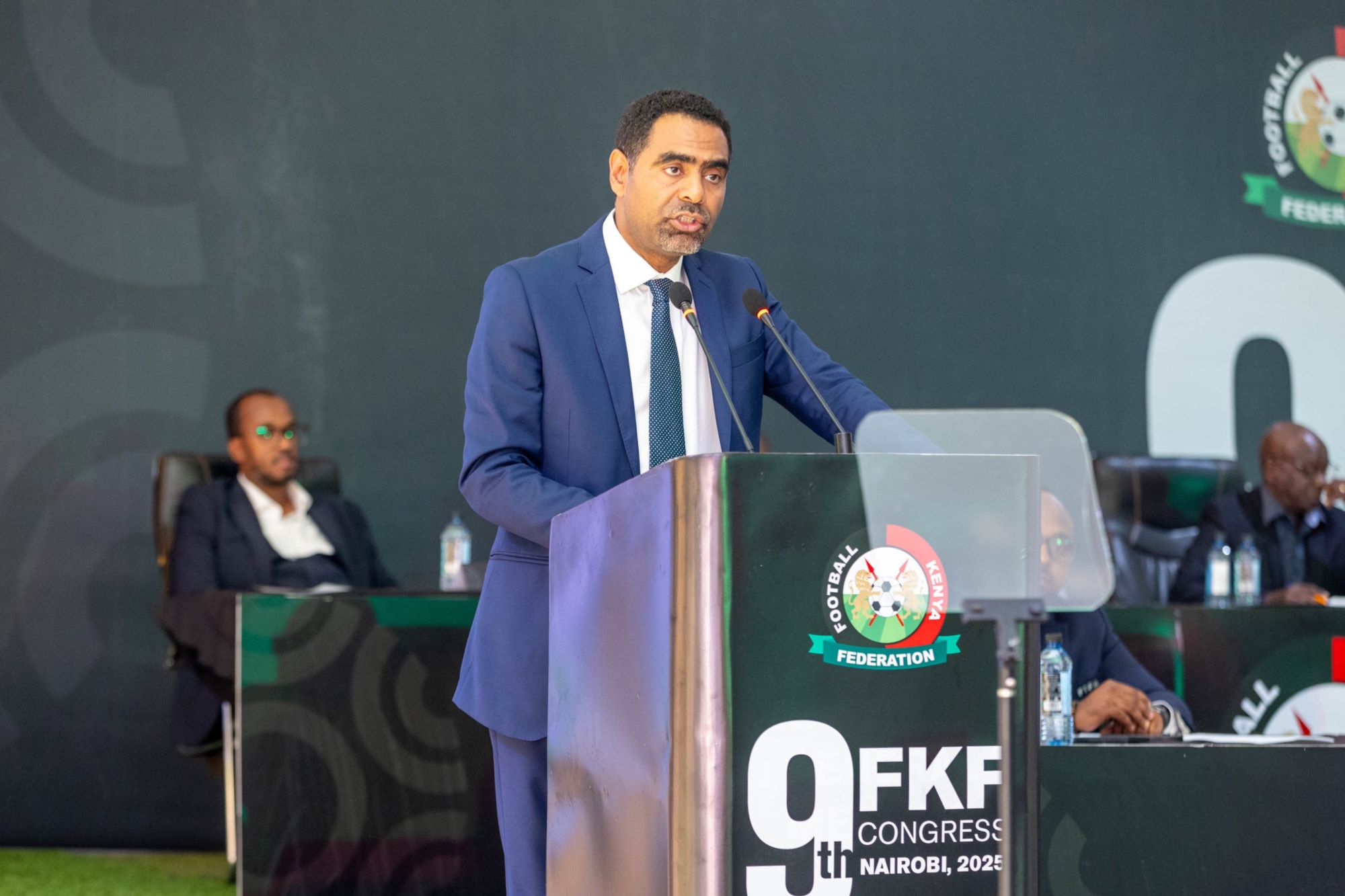
The Football Kenya Federation (FKF) is facing a deep financial and governance crisis, burdened by legacy debts exceeding Sh1 billion, crippling FIFA sanctions, and widespread mismanagement uncovered by a recent internal probe.
The Football Kenya Federation (FKF) is grappling with a severe financial and administrative crisis, with current liabilities exceeding Sh1 billion, according to disclosures made during the federation’s first congress under President Hussein Mohammed. The crisis has been largely attributed to the poor decisions and inaction of the previous administration.
Addressing delegates at the FKF Congress held at Kasarani Sports View Hotel in Nairobi, Hussein revealed that the federation is struggling under heavy financial sanctions from FIFA. Chief among them is a Sh109 million payout ordered to be paid to former Harambee Stars coach Adel Amrouche after a wrongful dismissal. The penalty, initially Sh60 million, was raised following an appeal to the Court of Arbitration for Sport (CAS). Delays in settlement have triggered further penalties, with FIFA now deducting Sh5.5 million from FKF’s FIFA Forward funds.
FKF is also facing a possible Sh18 million fine related to a disciplinary case involving Zoo FC, relegated in 2021 over match-fixing allegations. If FKF loses the case, 20% of its future FIFA funding will be slashed.
President Hussein acknowledged that many of these issues stem from the past leadership’s neglect and assured the congress that FKF is working closely with FIFA to resolve the problems. He emphasized the need for transparency and accountability as the federation seeks to rebuild.
In the midst of this turmoil, FKF unveiled an ambitious Sh2.9 billion budget for the 2025 financial year. The lion’s share Sh1.2 billion has been earmarked for national teams, while leagues and competitions are allocated Sh530.5 million. Notably, Sh415 million is set aside specifically to manage the growing debt.
Among FKF’s top creditors is former coach Engin Firat, who resigned in December 2024, citing unpaid dues totaling Sh40.6 million.
The financial revelations were further compounded by an explosive investigative report released earlier this year by a special seven-member committee chaired by FKF Vice President McDonald Mariga. Commissioned by the National Executive Council in December 2024, the report paints a damning picture of financial mismanagement and administrative dysfunction within FKF.
According to the investigation, the federation held 16 unexplained bank accounts and had accumulated Sh383 million in debt as of the end of 2024. The committee identified severe gaps in financial controls and called for account consolidation, a forensic audit, and immediate implementation of debt restructuring strategies.
The report also highlighted stark disparities in funding, with men’s football receiving a disproportionate share of resources compared to women’s and youth programs areas which remain critically underfunded.
In addition, the probe revealed major flaws in FKF’s human resource management. Operating without a formal HR policy, the federation was found to engage in irregular hiring, maintain questionable employment contracts, and mishandle payroll systems. Allegations of fraudulent recruitment practices were also cited, including suspicious contract signatures and the absence of standard documentation.
The investigation did not stop there. It flagged widespread issues affecting the sport’s integrity ranging from match manipulation and hooliganism to inconsistent refereeing. The committee called for urgent legal reforms, including the criminalization of match-fixing, and a new code of conduct for officials.
Further complicating the federation’s challenges are 21 ongoing legal disputes, many tied to unpaid legal fees, electoral controversies, and contract breaches. The committee recommended forming a dedicated legal team to manage these cases and streamline the handling of legal payments.
In the wake of the scandal, FKF CEO Patrick Korir resigned, signaling the depth of the federation’s troubles. The National Executive Council is currently reviewing the committee’s recommendations, with expectations of sweeping reforms aimed at restoring credibility and public trust.
As FKF confronts the fallout of years of neglect and mismanagement, its leadership faces a defining moment. Hussein Mohammed and his team must now steer the federation through financial recovery and institutional overhaul if Kenyan football is to have a stable and promising future.


